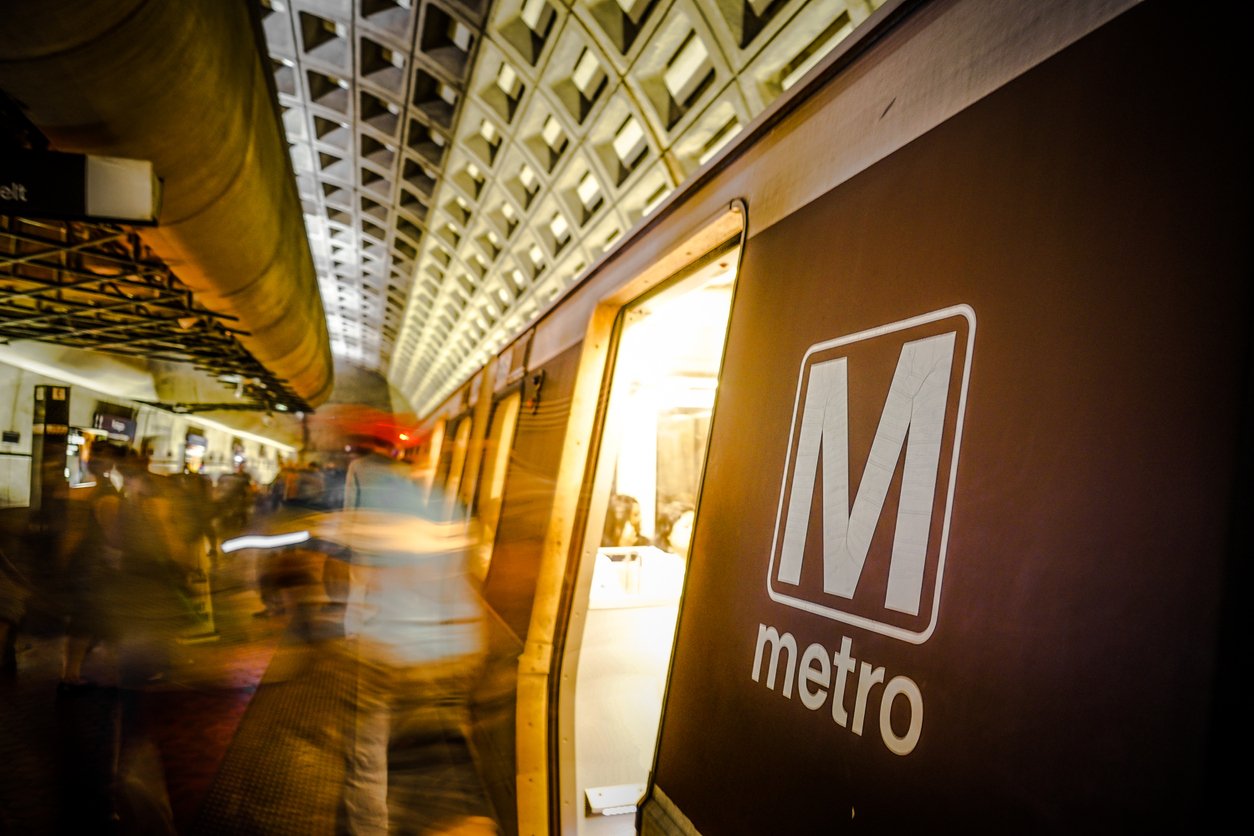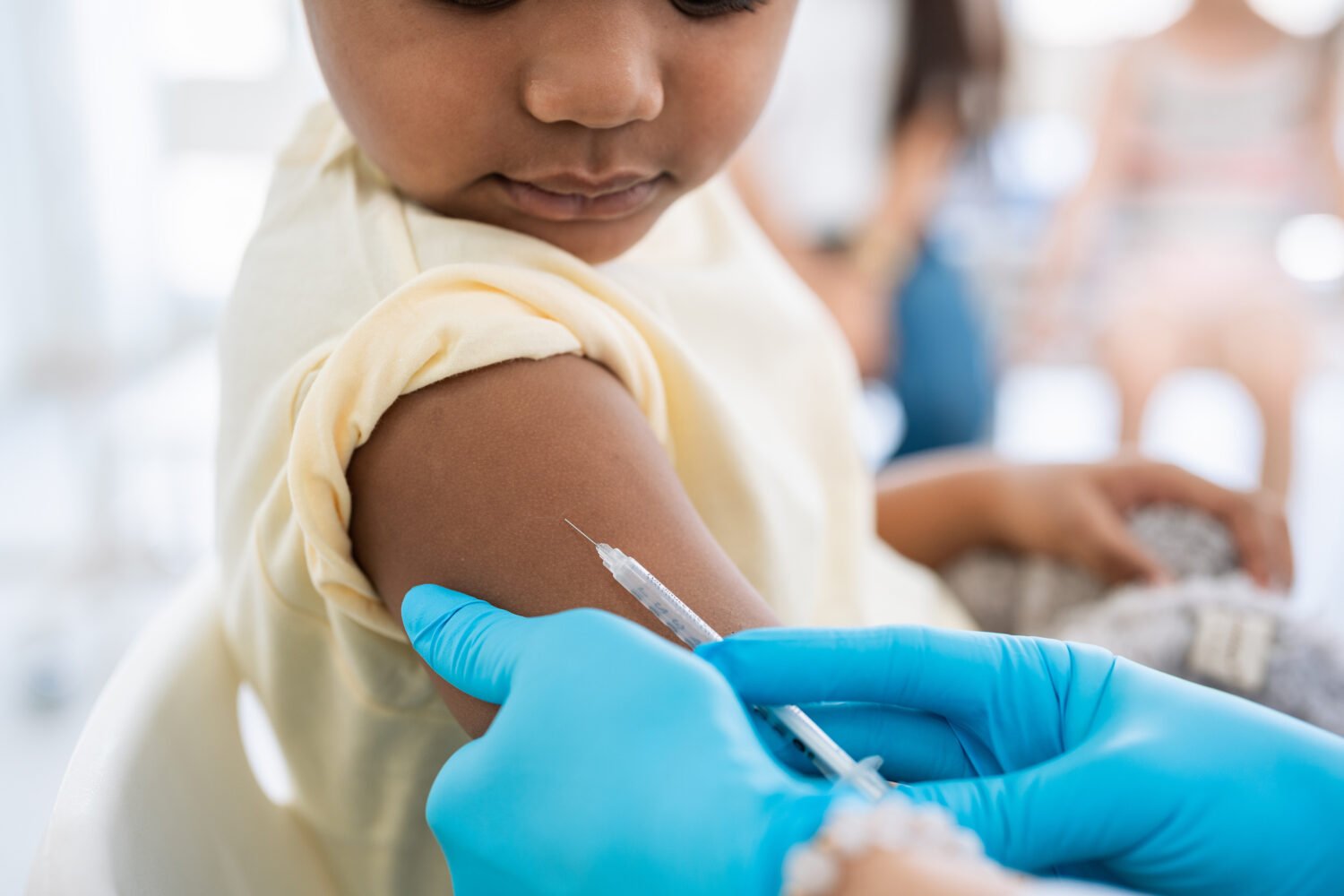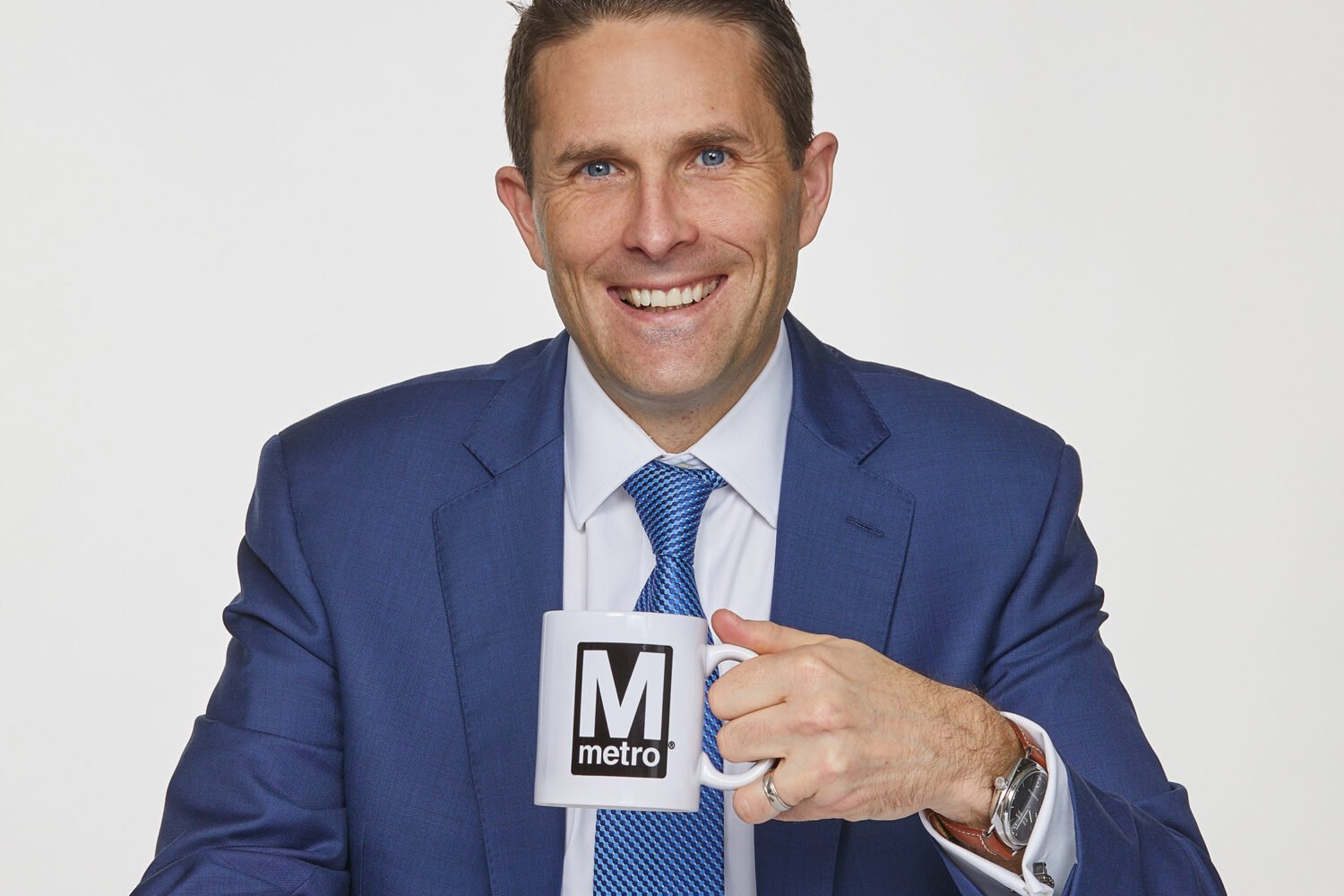Amid a pandemic-driven ridership plunge, Metro is considering shutting down 19 stations and cutting weekend rail service, as well as other drastic measures.
The news was included in Metro’s proposed budget for the upcoming fiscal year, which begins July 1 and must account for a roughly half-billion-dollar financial shortfall.
Facing what was described in budget documents as a “historic operating budget crisis,” Metro officials are looking to “preserve affordable bare bones service network to sustain essential travel and support the region’s recovery.”
Among the additional steps Metro is proposing, according to The Washington Post, are eliminating 2,400 jobs, extending weekday wait times to 30 minutes between trains at many stations, closing all rail stations two hours earlier, and reducing the number of bus routes it operates by about 50 percent.
“From where I sit, it’s clearly the toughest decisions that we’ve ever had to make,” WMATA General Manager Paul Wiedefeld said, according to WUSA9. “We only have so many dollars. Where can we spread them as best as we can to serve as many people knowing that we will be leaving other people behind?”
WMATA’s financial struggles thus far have been eased by the $767 million in federal aid from the coronavirus relief package that president Trump signed into law in March. But with GOP pols trashing what Senate Republican leader Mitch McConnell derided as “blue-state bailouts,” it’s not clear that more help would be on the way for public transit—just the sort of public investment more common in urbanized blue areas than rural Republican strongholds.
In a statement to WUSA9, DC Mayor Muriel Bowser said: “WMATA’s deeply troubling proposal is another reminder of the critical need for federal stimulus to revive our economy and to preserve our way of life. Not too long ago with our partners in the region and our federal government, we put Metro on the right track to meet the needs of residents and visitors alike…Regardless of party or ideology, we must once again come together to save Metro.”
Paul Smedberg, the chair of Metro’s board, told The Post that he was optimistic about the prospect for additional federal aid. “They really want to see transit survive,” Smedberg said. “So they’re really concerned about this, obviously, and want to do everything that they can to support us given all the investment over the years, and decades, really, that this region and its elected leaders have put into this.”
But that may be wishful thinking. Even with Donald Trump still in the White House, Senate Republicans have been opposing the large scale covid relief package that the House of Representatives passed in October. McConnell has said that he would support allowing states to file for bankruptcy as a way to resolve their pandemic ravaged finances.


![Luke 008[2]-1 - Washingtonian](https://www.washingtonian.com/wp-content/uploads/2017/10/Luke-0082-1-e1509126354184.jpg)
















